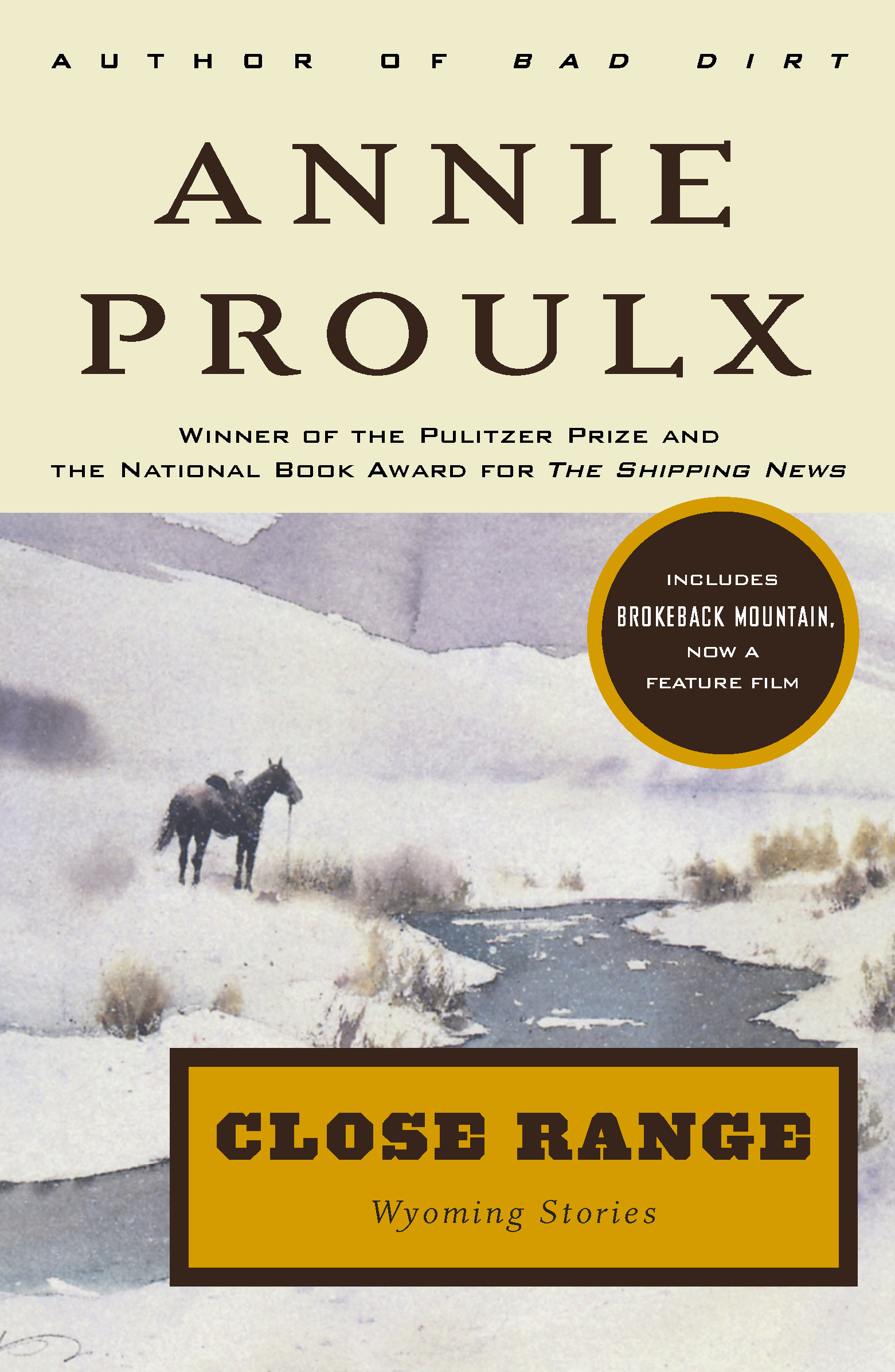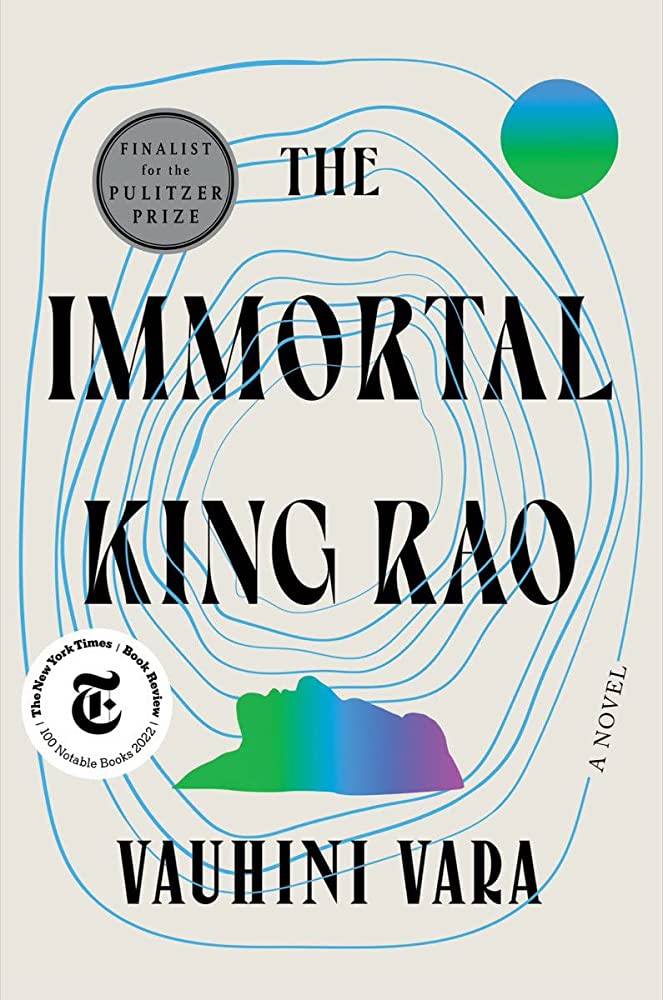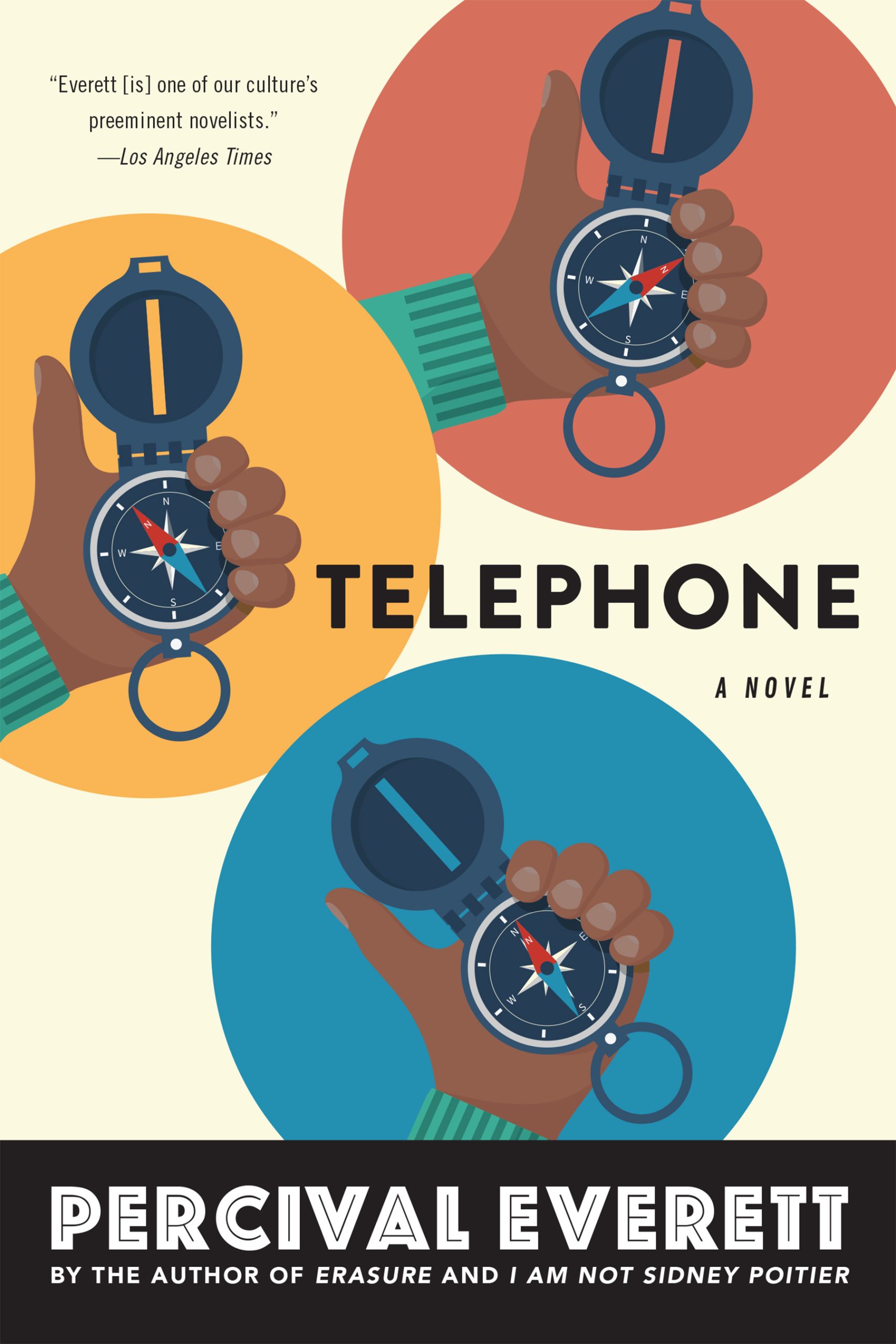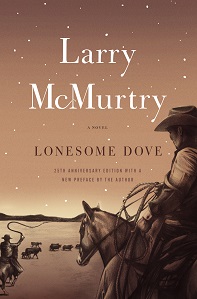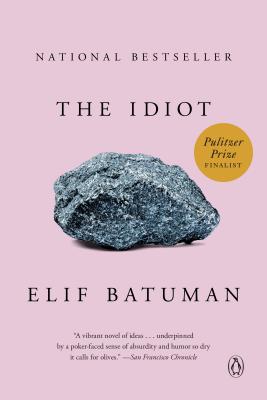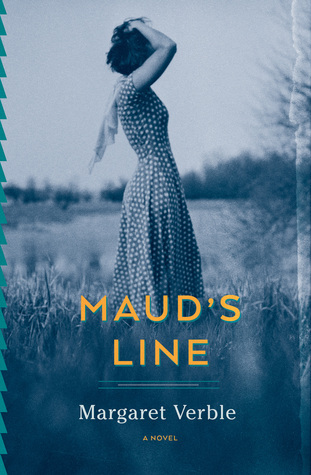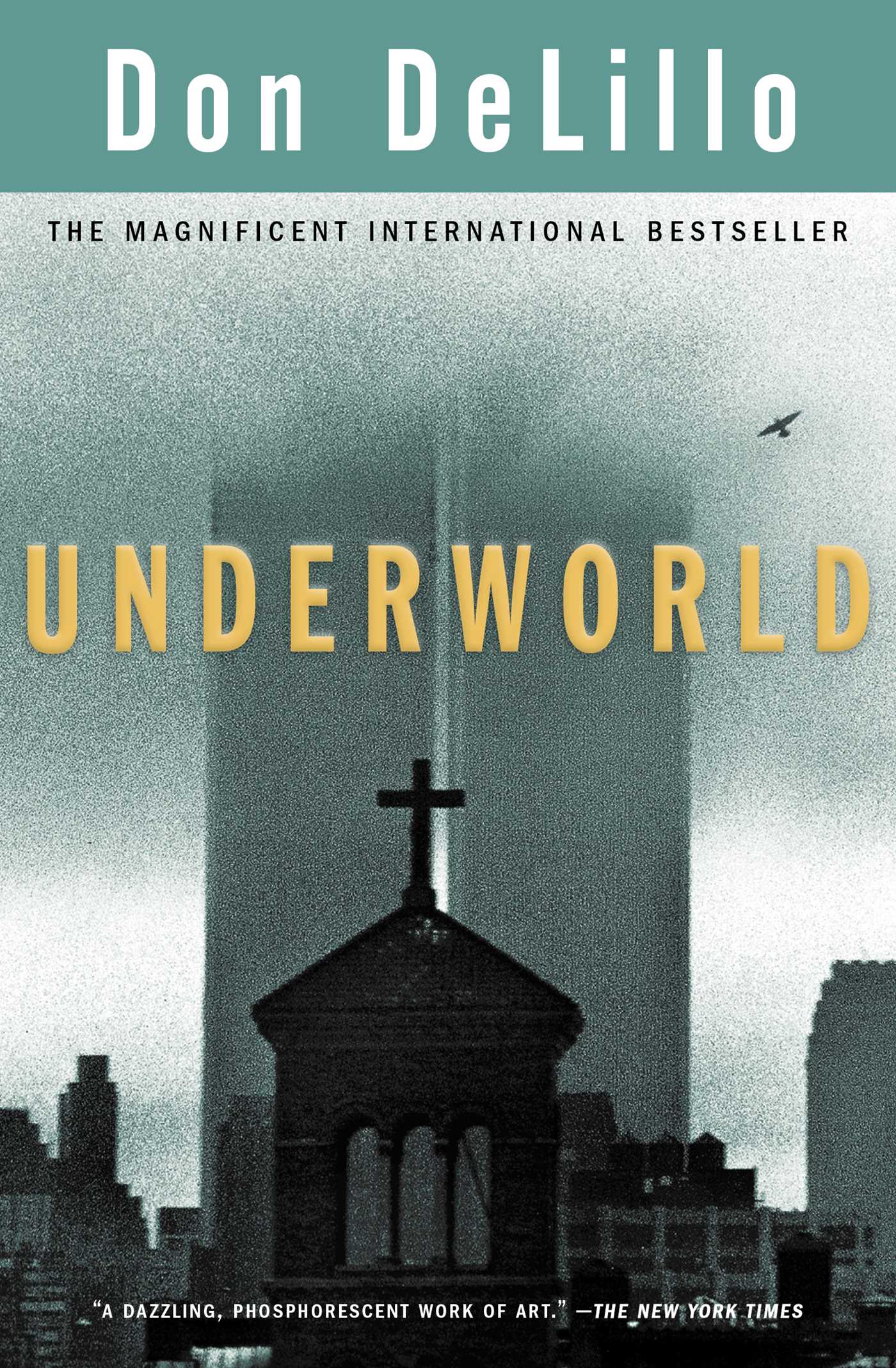A month after the 2023 Pulitzer Prize was announced, you may have already read this year’s fiction winners: TRUST by Hernan Diaz and DEMON COPPERHEAD by Barbara Kingsolver. If you’re looking for follow-ups to these two all-time greats that won’t disappoint, why not check out one of these 10 titles? All the titles here were previous winners and finalists of the Pulitzer Prize. These books showcase the incredible range and scope of literature in the last few decades, and have the undeniable qualities of being modern classic masterpieces. Their characters are memorable, their settings resonate, and their plots trace arcs that have come to define the American memory and imagination.

10 Pulitzer Prize Finalists & Winners I Recommend
In one of the most celebrated short story collections of all time, bestselling author Annie Proulx captures the loneliness, resilience, prejudice, and fierce love that define rural Wyoming. From exploring a rodeo rider’s obsession and self-alienation to an elderly man’s foolhardy determination to make it back to his family ranch for his brother’s funeral, these stories paint portraits of overlooked figures confronting the changing West. And in the collection’s most acclaimed story, “Brokeback Mountain,” two cowboys embark on a star-crossed affair, facing emotional and physical brutality from a world bent on wrenching them apart.
From the Pulitzer Prize–winning and bestselling author of THE SHIPPING NEWS and ACCORDION CRIMES comes one of the most celebrated short-story collections of our time. Annie Proulx's masterful language and fierce love of Wyoming are evident in these breathtaking tales of loneliness, violence, and the wrong kinds of love.
In this astounding, genre-bending debut, Athena is the daughter of a tech CEO, King, who runs the world alongside the Board of Corporations. As climate change ravages the earth, Athena—who was given many questionable gifts by her father, including the ability to see his memories—embarks on a quest to get the world’s Shareholders to come together at last. To do this, she believes, she must tell the story of her father’s life growing up with Dalit coconut farmers in India, migrating to study engineering, meeting the artist who changed his life, and creating her.
MENTIONED IN:
WWI veteran Fos has long fostered an unbending faith in science. Postwar, he marries a woman named Opal and starts a photography studio with his roguish buddy Flash. But soon devastation comes to the family in the shape of the law and the KKK. Fos and Opal move to her family’s farm to start anew, only to be kicked off the land by the New Deal. Finally, Fos goes to work at the Oak Ridge Laboratory, where a new bomb is being developed, one that will mark the conclusion of their family—and Fos’s faith in science—forever.
This poetic novel, by the acclaimed author of John Dollar, describes America at the brink of the Atomic Age. In the years between the two world wars, the future held more promise than peril, but there was evidence of things unseen that would transfigure our unquestioned trust in a safe future.
Fos has returned to Tennessee from the trenches of France. Intrigued with electricity, bioluminescence, and especially x-rays, he believes in science and the future of technology. On a trip to the Outer Banks to study the Perseid meteor shower, he falls in love with Opal, whose father is a glassblower who can spin color out of light.
Fos brings his new wife back to Knoxville where he runs a photography studio with his former Army buddy Flash. A witty rogue and a staunch disbeliever in Prohibition, Flash brings tragedy to the couple when his appetite for pleasure runs up against both the law and the Ku Klux Klan. Fos and Opal are forced to move to Opal’s mother’s farm on the Clinch River, and soon they have a son, Lightfoot. But when the New Deal claims their farm for the TVA, Fos seeks work at the Oak Ridge Laboratory—Site X in the government’s race to build the bomb.
And it is there, when Opal falls ill with radiation poisoning, that Fos’s great faith in science deserts him. Their lives have traveled with touching inevitability from their innocence and fascination with "things that glow" to the new world of manmade suns.
Hypnotic and powerful, Evidence of Things Unseen constructs a heartbreaking arc through twentieth-century American life and belief.
In this impeccably researched winner of the Pulitzer Prize in History, award-winning journalist Garrett Graff offers the authoritative account of the biggest political scandal in American history. Starting in 1971 when the Pentagon Papers—which revealed a decades-long American presence in Vietnam—were published, Graff uses newly public documents to trace the full span of President Richard Nixon’s decision to win reelection by any means necessary. Ultimately, Graff’s account details not just the politicians involved in the scandal’s machinations, but the informants, investigators, and journalists who all became caught in its web.
Finalist for the Pulitzer Prize in History
NEW YORK TIMES BESTSELLER * “Do we need still another Watergate book? The answer turns out to be yes—this one.” —The Washington Post * “Dazzling.” —The New York Times Book Review
From the New York Times bestselling author of The Only Plane in the Sky, comes the first definitive narrative history of Watergate—“the best and fullest account of the crisis, one unlikely to be surpassed anytime soon” (Kirkus Reviews, starred review)—exploring the full scope of the scandal through the politicians, investigators, journalists, and informants who made it the most influential political event of the modern era.
In the early hours of June 17, 1972, a security guard named Frank Wills enters six words into the log book of the Watergate office complex that will change the course of history: 1:47 AM Found tape on doors; call police.
The subsequent arrests of five men seeking to bug and burgle the Democratic National Committee offices—three of them Cuban exiles, two of them former intelligence operatives—quickly unravels a web of scandal that ultimately ends a presidency and forever alters views of moral authority and leadership. Watergate, as the event is called, becomes a shorthand for corruption, deceit, and unanswered questions.
Now, award-winning journalist and bestselling author Garrett M. Graff explores the full scope of this unprecedented moment from start to finish, in the first comprehensive, single-volume account in decades.
The story begins in 1971, with the publication of thousands of military and government documents known as the Pentagon Papers, which reveal dishonesty about the decades-long American presence in Vietnam and spark public outrage. Furious that the leak might expose his administration’s own duplicity during a crucial reelection season, President Richard M. Nixon gathers his closest advisors and gives them implicit instructions: Win by any means necessary.
Within a few months, an unsteady line of political dominoes are positioned, from the creation of a series of covert operations code-named GEMSTONE to campaign-trail dirty tricks, possible hostage situations, and questionable fundraising efforts—much of it caught on the White House’s own taping system. One by one they fall, until the thwarted June burglary attracts the attention of intrepid journalists, congressional investigators, and embattled intelligence officers, one of whom will spend decades concealing his identity behind the alias “Deep Throat.” As each faction slowly begins to uncover the truth, a conspiracy deeper and more corrupt than anyone thought possible emerges, and the nation is thrown into a state of crisis as its government—and its leader—unravels.
Using newly public documents, transcripts, and revelations, Graff recounts every twist with remarkable detail and page-turning drama, bringing readers into the backrooms of Washington, chaotic daily newsrooms, crowded Senate hearings, and even the Oval Office itself during one of the darkest chapters in American history.
Grippingly told and meticulously researched, Watergate is the defining account of the moment that has haunted our nation’s past—and still holds the power to shape its present and future.
MENTIONED IN:
With a teaching job at a college, a daughter who’s a wiz at chess, and a clever yoga-practicing wife, Zach should be satisfied…but he’s not. And when a field trip yields no new research, Zach returns home disappointed, only to find that his beloved daughter is losing her eyesight and her memory. Forced to helplessly watch his daughter’s deterioration, Zach follows a mysterious note’s request for help that he found in the pocket of an eBay purchase. The affecting, quixotic journey takes him to New Mexico, where he is determined to save someone, if not himself.
MENTIONED IN:
Originally developed to be a studio Western film, LONESOME DOVE is the modern classic American Western epic about two aging Texas rangers on their final journey together. In the late 1870s, retired rangers Woodrow Call and Gus McCrae decide to drive a herd of cattle to start the first cattle ranch north of Yellowstone River. Joined by a ragtag group of scouts, trackers, and rangers—including a teenager long-rumored to be Call’s son—the two face the beauties, challenges, and brutalities of an Old West coming to its end.
A love story, an adventure, and an epic of the frontier, this Pulitzer Prize— winning classic is the grandest novel ever written about the last defiant wilderness of America. Journey to the dusty little Texas town of Lonesome Dove and meet an unforgettable assortment of heroes and outlaws, whores and ladies, Indians and settlers. Richly authentic, beautifully written, always dramatic this is a book to that will make you laugh, weep, and dream.
MENTIONED IN:
Marie-Laure is a clever and kind girl who lives with her father in Nazi-occupied Paris. Despite her blindness, she is determined to be the keeper of a historical treasure in the face of invasion. Meanwhile, Werner, an orphan who will do anything to protect his sister, enters Hitler’s Youth and develops a skill at radio technology that could prove deadly in the wrong hands, despite his good intentions. Their stories intertwine in ways neither of them could have imagined in this acclaimed and dazzling epic.
Winner of the Pulitzer Prize, a New York Times Book Review Top Ten Book, National Book Award finalist, more than two and a half years on the New York Times bestseller list
From the highly acclaimed, multiple award-winning Anthony Doerr, the stunningly beautiful instant New York Times bestseller about a blind French girl and a German boy whose paths collide in occupied France as both try to survive the devastation of World War II.
Marie-Laure lives in Paris near the Museum of Natural History, where her father works. When she is twelve, the Nazis occupy Paris and father and daughter flee to the walled citadel of Saint-Malo, where Marie-Laure’s reclusive great uncle lives in a tall house by the sea. With them they carry what might be the museum’s most valuable and dangerous jewel.
In a mining town in Germany, Werner Pfennig, an orphan, grows up with his younger sister, enchanted by a crude radio they find that brings them news and stories from places they have never seen or imagined. Werner becomes an expert at building and fixing these crucial new instruments and is enlisted to use his talent to track down the resistance. Deftly interweaving the lives of Marie-Laure and Werner, Doerr illuminates the ways, against all odds, people try to be good to one another.
Doerr’s “stunning sense of physical detail and gorgeous metaphors” (San Francisco Chronicle) are dazzling. Ten years in the writing, a National Book Award finalist, All the Light We Cannot See is a magnificent, deeply moving novel from a writer “whose sentences never fail to thrill” (Los Angeles Times).
MENTIONED IN:
In this witty, self-effacing novel, Selin, a young woman entering college in 1995, teeters on the brink of her coming of age. Selin, the daughter of Turkish immigrants, spends her first year as an undergraduate befriending her worldly Serbian classmate Svetlana and becoming the email pen pal of an older Hungarian mathematics student, Ivan. When the summer comes, she accepts a teaching job in the Hungarian countryside with a friend of Ivan’s and visits Svetlana in Paris, grappling with the mysteries of first love and the disappointing realization that she was meant to be a writer.
Decades after the government confiscated Cherokee land for Oklahoma, parceling out allotments to the people who have long lived there, eighteen-year-old Maud Nail, her quiet brother, and her mischievous father work the land in one of these allotments. Maud’s practicality tells her change is unlikely, but when a handsome newcomer arrives in town in 1928 with books in tow, she begins to wonder what else is out there. Ultimately, Maud will make decisions that change not only her own life, but the lives of her family members forever in this sensual debut.
MENTIONED IN:
In 1951, two parallel events defined the dualities of modern life in a world about to be born: the legendary home run that settled the rivalry game between the Dodgers and the Giants and the testing of Russia’s first hydrogen bomb. During the next half century of American life during the Cold War, protagonists Klara Sax and Nick Shay—among a cast of other artists, mothers, and mobsters—grapple with a time characterized by popular spectacle and its shadowy underpinnings. UNDERWORLD is at once a literary masterwork and a devastating thriller.
One of DeLillo’s best, Underworld has many storylines, but it starts on a baseball diamond. The book only spends a short time focusing on baseball, but one ball in particular factors into all of the action that follows.
MENTIONED IN:
Photo credit: iStock / DmitriiSimakov

